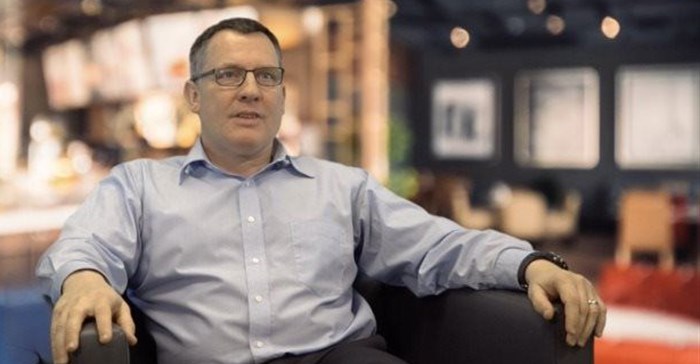Is achieving universal health coverage by 2030 a reality or a distant dream? This is the question healthcare specialist at International Finance Corporation, Charles Dalton attempted to answer at the 20th annual Board of Healthcare Funders of Southern Africa (BHF) conference.

Charles Dalton
The minimum ideal of UHC is that no individual or family should suffer financial hardship because of accessing good-quality medical assistance. “But one size does not fit all,” he said.
Dalton explained some of the facets to consider, these include:
- Country nuances and culture
- Creating health systems rather than operating in the siloes that currently exist
- The private and public sector must start trusting each other and working together
- Align to current and future demand
- Develop a system that is proactive and preventative rather than reactive and curative
- Funding will, of course, influence the shape of the model
- Quality and outcomes matter
Dalton said he cannot overemphasise the importance of data in achieving UHC. “The problem is that data sits in siloes and is not being shared. Many governments collect data, but don’t know how to use it.”
Data is essential in analysing the drivers of demand, he said. For example, there has been a shift from communicable disease to non-communicable disease (NCDs).” In 1990, communicable disease dominated in sub-Saharan Africa, but by 2040, NCDs will have taken over, as a result of increased life expectancy.”
What funding is enough?
“South Africa is OK, thanks to a strong private funding model, and there is free access to the public sector. But when it comes to quality South Africa scores badly thanks to inefficiencies in the system,” Dalton said.
What about quality?
“Does more money equal better quality?” Dalton asked. He looked at how different country’s approach improving affordable access, especially as the fee-for-service model is a thing of the past.
“In Colombia, the healthcare system is coordinated by independent administrators. The challenge has been that they have been a little bit too generous with benefits, but that is being fixed.
“Indonesia has just implemented a national health insurance (NHI) system. They got everyone registered between 2014 and 2019, but are still facing some challenges. The private sector offers different tiers on the hotel end.
“Thailand has had NHI since 2000. One of the challenges here is that NCDs are hitting the supply side. The private sector caters for the very high end of the market,” Dalton said.
Sustainable approach
He listed the key elements necessary for a sustainable NHI.
- Stewardship of a system requires strong policy
Rules and regulations may have to be flexible enough to change as technology evolves- Funding and finance includes looking at what models are needed now and in the future. “If you go the claims-based route, the private sector already has the systems.”
- Public/private collaboration is critical because “big donor organisation are asking for a clear role for the private sector
- Data is necessary for managing risk
- Quality outcomes must be a priority
- Think differently about staffing. “Embrace the concept of nurse practitioners. There is still a lot of protectionism evident about defining different roles.”
- Technology enhances the function of healthcare professionals, and does not replace them.
“I hope the public and private sector can come together and play on their respective strengths and work on their weaknesses. Ending on a positive note, South Africa is much further down the road to UHC than other countries,” he concluded.




































